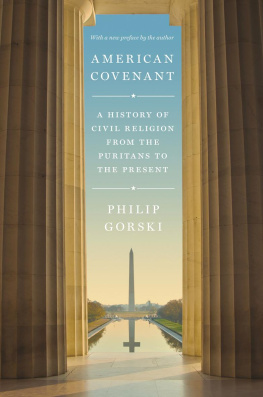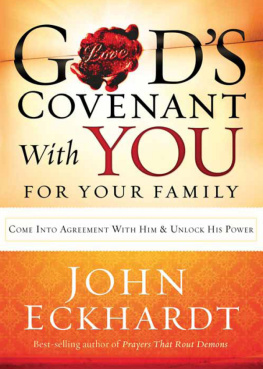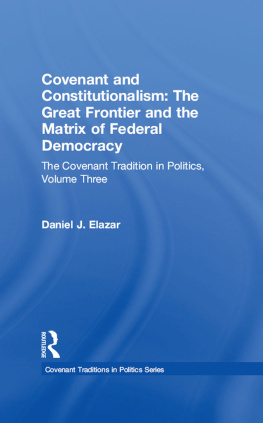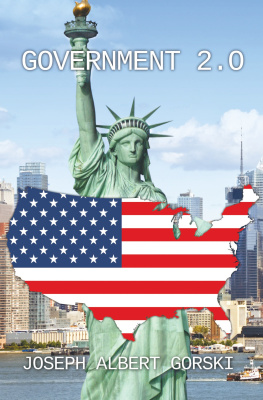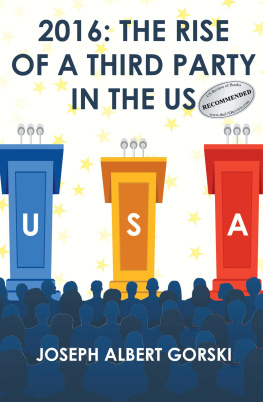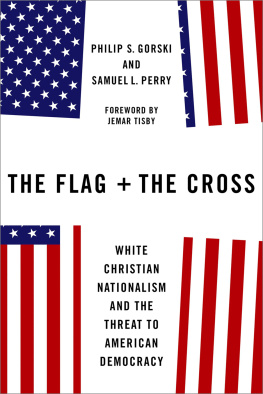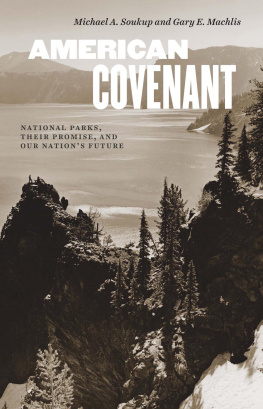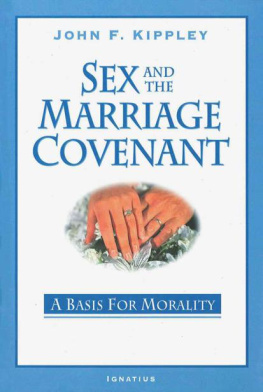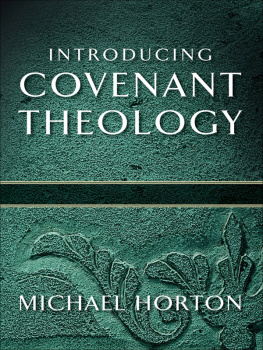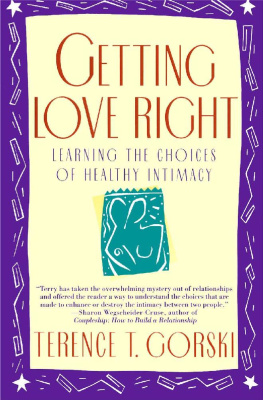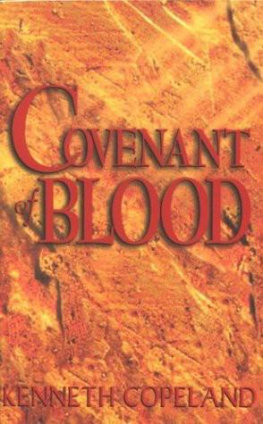Philip Gorski - American Covenant
Here you can read online Philip Gorski - American Covenant full text of the book (entire story) in english for free. Download pdf and epub, get meaning, cover and reviews about this ebook. year: 2019, publisher: Princeton University Press, genre: Politics. Description of the work, (preface) as well as reviews are available. Best literature library LitArk.com created for fans of good reading and offers a wide selection of genres:
Romance novel
Science fiction
Adventure
Detective
Science
History
Home and family
Prose
Art
Politics
Computer
Non-fiction
Religion
Business
Children
Humor
Choose a favorite category and find really read worthwhile books. Enjoy immersion in the world of imagination, feel the emotions of the characters or learn something new for yourself, make an fascinating discovery.
- Book:American Covenant
- Author:
- Publisher:Princeton University Press
- Genre:
- Year:2019
- Rating:3 / 5
- Favourites:Add to favourites
- Your mark:
- 60
- 1
- 2
- 3
- 4
- 5
American Covenant: summary, description and annotation
We offer to read an annotation, description, summary or preface (depends on what the author of the book "American Covenant" wrote himself). If you haven't found the necessary information about the book — write in the comments, we will try to find it.
American Covenant — read online for free the complete book (whole text) full work
Below is the text of the book, divided by pages. System saving the place of the last page read, allows you to conveniently read the book "American Covenant" online for free, without having to search again every time where you left off. Put a bookmark, and you can go to the page where you finished reading at any time.
Font size:
Interval:
Bookmark:
COVENANT

CIVIL RELIGION
FROM THE
PURITANS TO
THE PRESENT

GORSKI
Princeton & Oxford
Published by Princeton University Press,
41 William Street, Princeton, New Jersey 08540
6 Oxford Street, Woodstock, Oxfordshire OX20 1TR
Paper ISBN 978-0-691-19167-6
Title: American covenant : a history of civil religion from the Puritans
to the present / Philip S. Gorski.
Description: Princeton : Princeton University Press, [2017] | Includes bibliographical references and index.
Identifiers: LCCN 2016013496 | ISBN 9780691147673 (hardcover : acid-free paper)
Subjects: LCSH: Civil religionUnited StatesHistory. | United States
ReligionHistory.
Classification: LCC BL2525 .G667 2017 | DDC 306.60973dc23 LC record available at https://lccn.loc.gov/2016013496
Prophetic Republicanism as Vital Center
The Civil Religious Tradition and Its Rivals
The Hebraic Moment: The New England Puritans
Hebraic Republicanism: The American Revolution
Democratic Republicanism: The Civil War
The Progressive Era: Empire and the Republic
The PostWorld War II Period: Jew, Protestant, Catholic
From Reagan to Obama: Tradition Corrupted and
(Almost) Recovered
The Civil Religion: Critics and Allies
The Righteous Republic
Font size:
Interval:
Bookmark:
Similar books «American Covenant»
Look at similar books to American Covenant. We have selected literature similar in name and meaning in the hope of providing readers with more options to find new, interesting, not yet read works.
Discussion, reviews of the book American Covenant and just readers' own opinions. Leave your comments, write what you think about the work, its meaning or the main characters. Specify what exactly you liked and what you didn't like, and why you think so.

